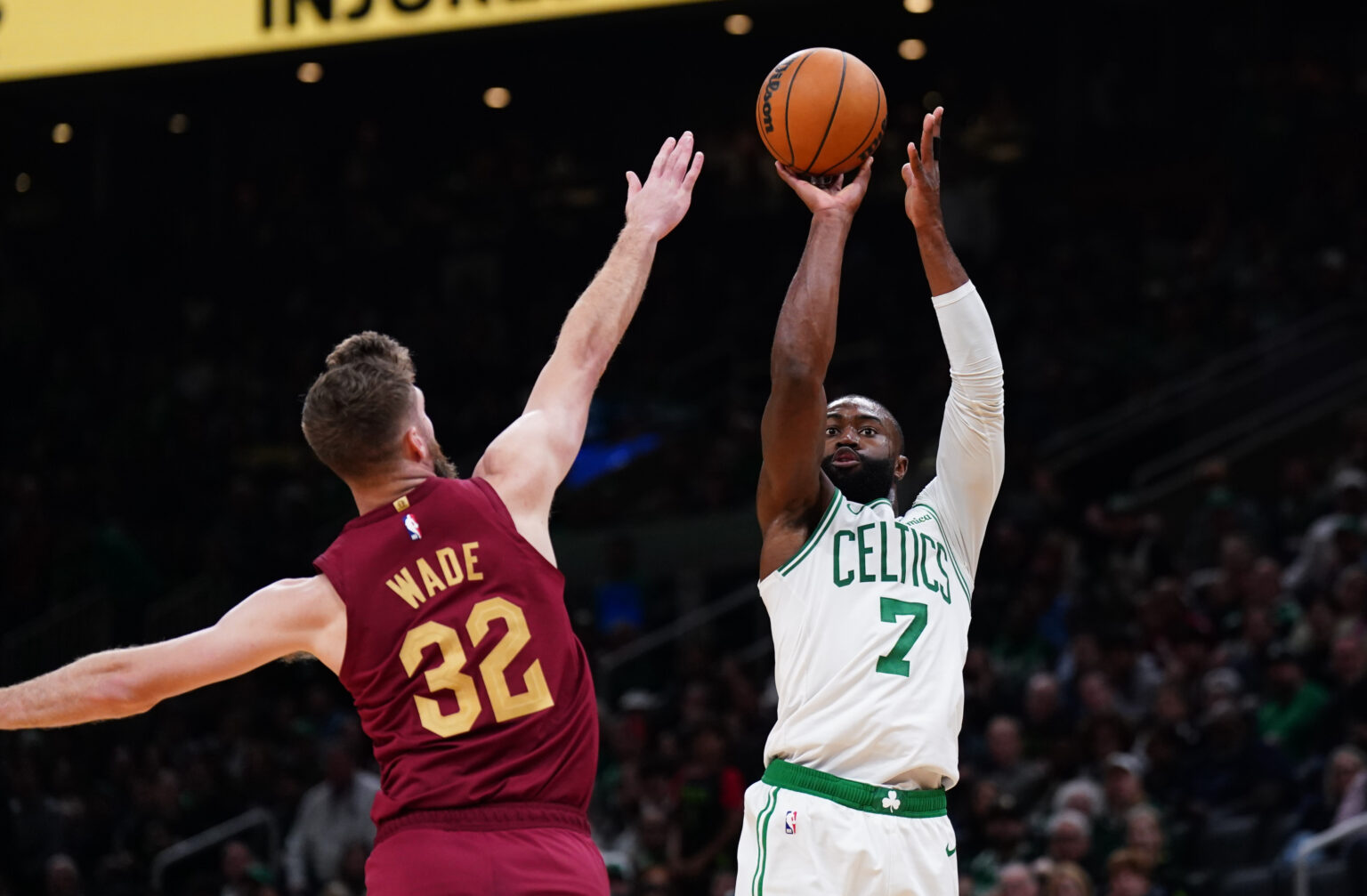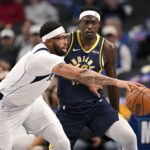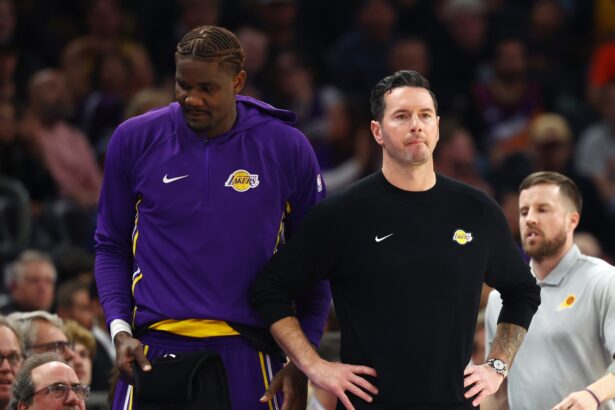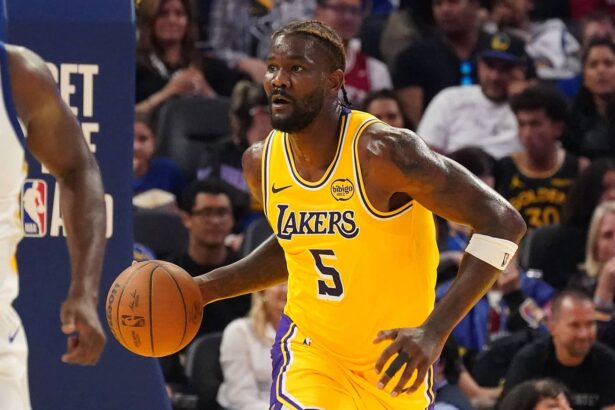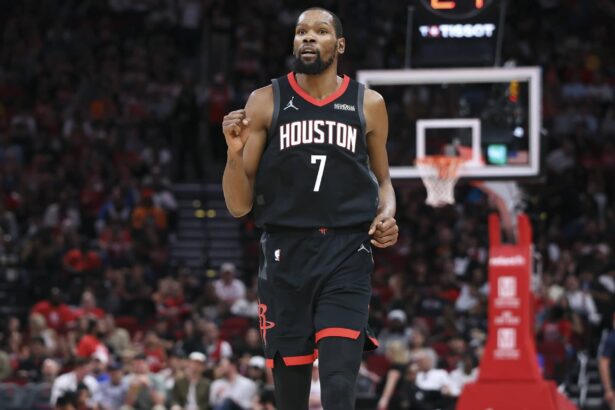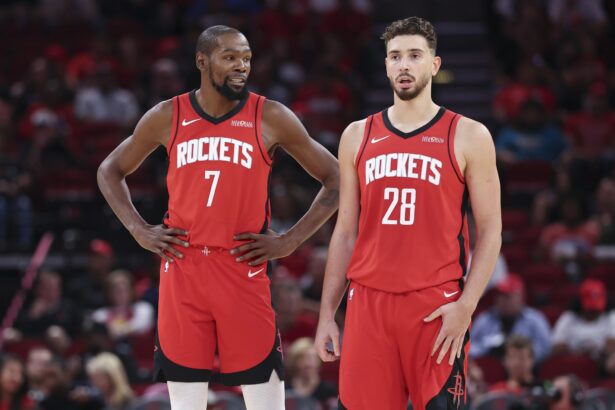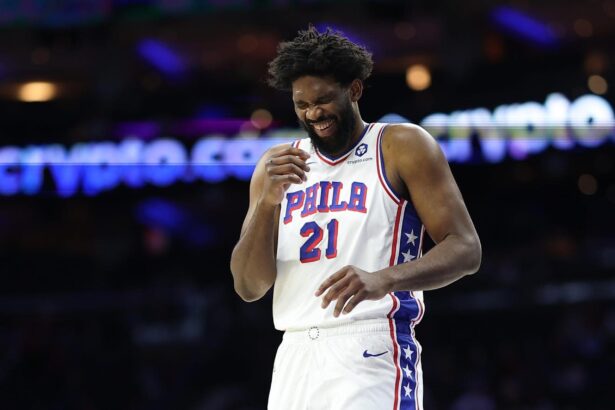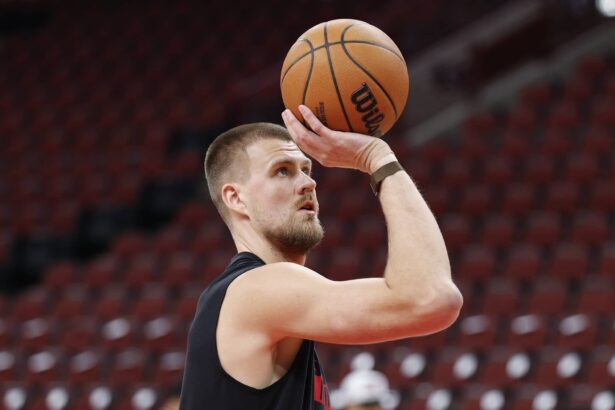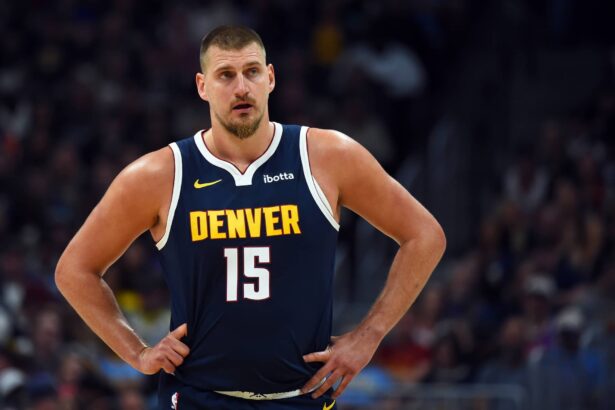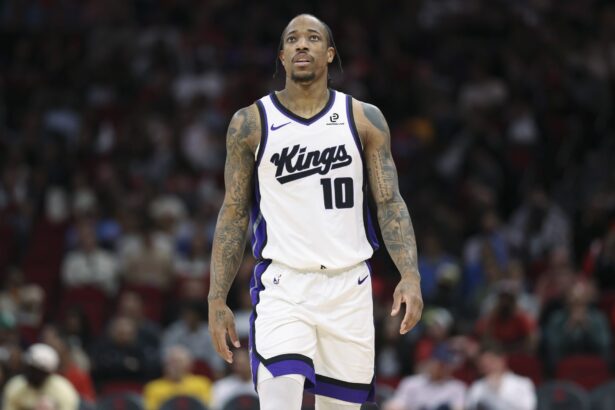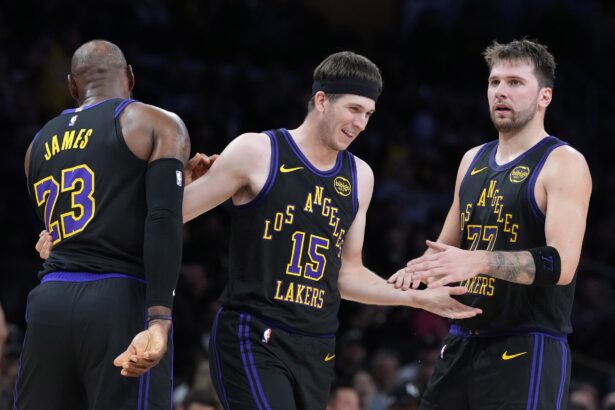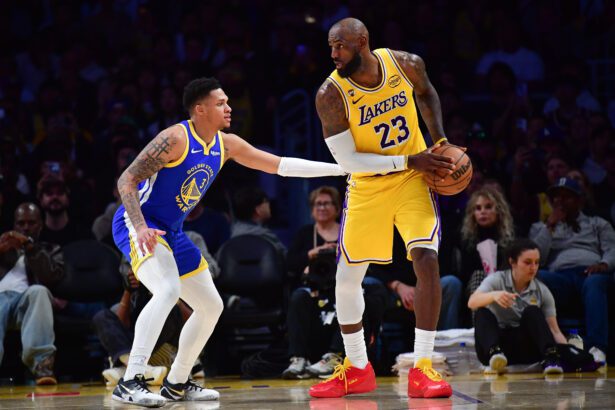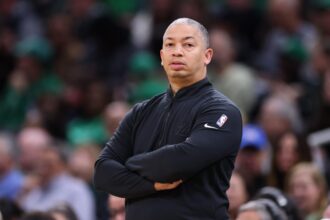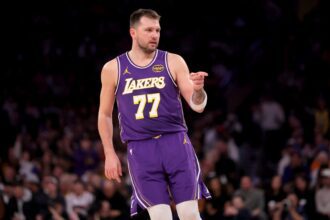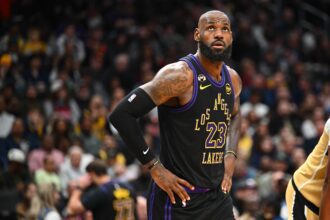The Boston Celtics finally looked like the team they spent all offseason trying to become, overwhelming the Cleveland Cavaliers 125-105 behind a blistering close to the first half and a vintage scoring burst from Jaylen Brown. After trading punches for nearly 20 minutes, Boston detonated a 20-3 run to end the second quarter, turning a tight contest into a 15-point halftime cushion and never truly looking back.
Brown spearheaded the surge with 13 points during that stretch and finished with 30 on an efficient 12-for-20 shooting night, while Sam Hauser’s seven made threes and 21 bench points stretched Cleveland’s defense past its limit. The Celtics’ renewed focus on ball movement paid off early, as they racked up 20 first-half assists and shot their way to a season-best rhythm from three.
Cleveland came out firing, hitting 18 threes in a wild first quarter and riding Donovan Mitchell’s perfect four-for-four start from deep to a brief lead. But after opening the night with 42 points, the Cavs’ offense steadily lost its edge, finishing the fourth quarter shooting just 33 percent as Boston’s physicality on the glass and precision in the half-court took over.
Evan Mobley (19 points, 11 rebounds) and Jaylon Tyson (19 points) kept Cleveland afloat for stretches, but the Celtics’ rebounding dominance, 52-42 overall, with 18 offensive boards, and the playmaking of Payton Pritchard (10 assists) repeatedly reset control.
With back-to-back wins after a rocky 1-3 start, Boston suddenly looks stabilized, and Wednesday’s performance offered a blueprint for how this roster can overwhelm teams on both ends. Let’s go through the five major takeaways of this game.
1. Jaylen Brown Completely Changed The Game’s Momentum
Brown timed his eruption perfectly by dropping 30. His 13-point burst to close the first half broke a tight 57-55 game wide open, including two deep threes in the final 20 seconds that stunned a Cavs team expecting to enter the locker room within striking distance.
His 12-of-20 efficiency, four threes, and consistent rim pressure forced Cleveland’s defense to collapse and opened space for Boston’s shooters. Defensively, Brown was equally sharp.
He helped limit Mitchell after the hot first quarter and added a steal and a block during key momentum moments. In a game where Boston needed a stabilizing star, Brown delivered a complete, veteran performance.
2. Sam Hauser’s Shooting Was Critical
Whenever Cleveland hinted at a run, Hauser erased it with a barrage of threes. The forward went 7-for-13 from deep and tied Mitchell’s early shot-making with sustained punch off the bench, finishing with 21 points and a +4 in just 21 minutes.
His gravity changed Cleveland’s pick-and-roll coverages and forced the Cavs to chase actions they weren’t equipped to defend. His impact also extended beyond scoring.
Hauser’s spacing allowed Boston to play smaller, faster lineups that widened gaps and put the Cavs’ rotational defense in constant recovery mode. On a night Boston hit 21 threes, his were the most back-breaking.
3. Boston’s Frontcourt Outworked Cleveland, By A Wide Margin
The Celtics’ bigs didn’t dominate with scoring. They dominated with relentlessness. Josh Minott (14 rebounds), Neemias Queta (13 rebounds), and Luka Garza and Xavier Tillman off the bench combined to give Boston 18 offensive boards, repeatedly generating extra possessions that broke Cleveland’s spirit.
Boston out-rebounded Cleveland 52-42 overall and won second-chance points decisively. Cleveland’s trio of Mobley, Allen, and Hunter had moments individually, but collectively they couldn’t match Boston’s physicality on the glass.
By controlling rebounds and limiting Cleveland to one-and-done possessions, the Celtics set the tempo and played the game at their preferred pace.
4. Donovan Mitchell’s Hot Start Disappeared Under Defensive Pressure
Mitchell was unstoppable early, 12 points on four threes in the opening quarter, but Boston adjusted quickly. Derrick White and Brown chased him over screens, minimized his pull-up rhythm, and forced him into tougher mid-range attempts.
The result: Mitchell went 1-for-8 the rest of the night and committed four turnovers. With Mitchell cooling off, Cleveland’s offense stagnated.
The Cavs relied heavily on Mobley and Tyson to create late-clock looks, and without their star guard lifting the offense, Boston’s defense tightened dramatically. The Cavs hit just 8-of-24 shots in the fourth quarter, never cutting the deficit under nine.
5. Boston’s Ball Movement And Guard Play Engineered A Complete Offensive Night
The Celtics’ offense thrived because the ball rarely stuck. They posted 20 assists in the first half and finished with 29 overall, paced by Payton Pritchard’s masterful 10-assist, +18 performance.
His control of tempo, especially in two-man actions with Minott and Queta, kept Cleveland off balance. With Derrick White adding 19 points and steady secondary playmaking, Boston showcased the version of its offense that maximizes its roster: pace, space, quick decisions, and relentless shooting volume.
Shooting 21-for-56 from three is one thing; generating clean looks all night is another. On Wednesday, Boston executed both.

